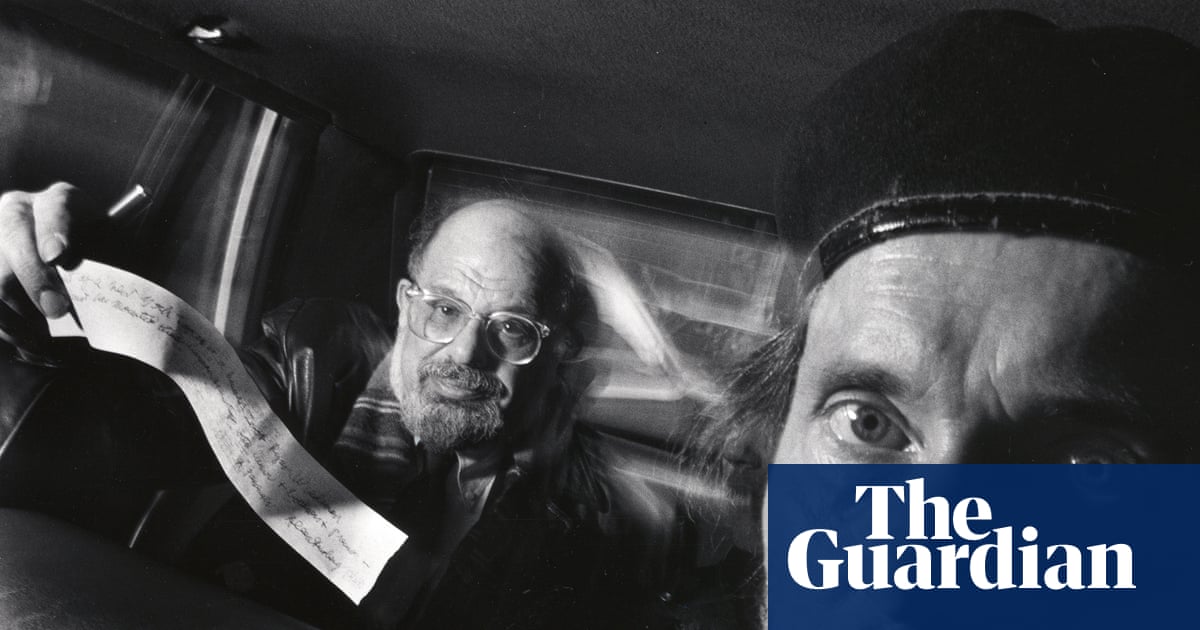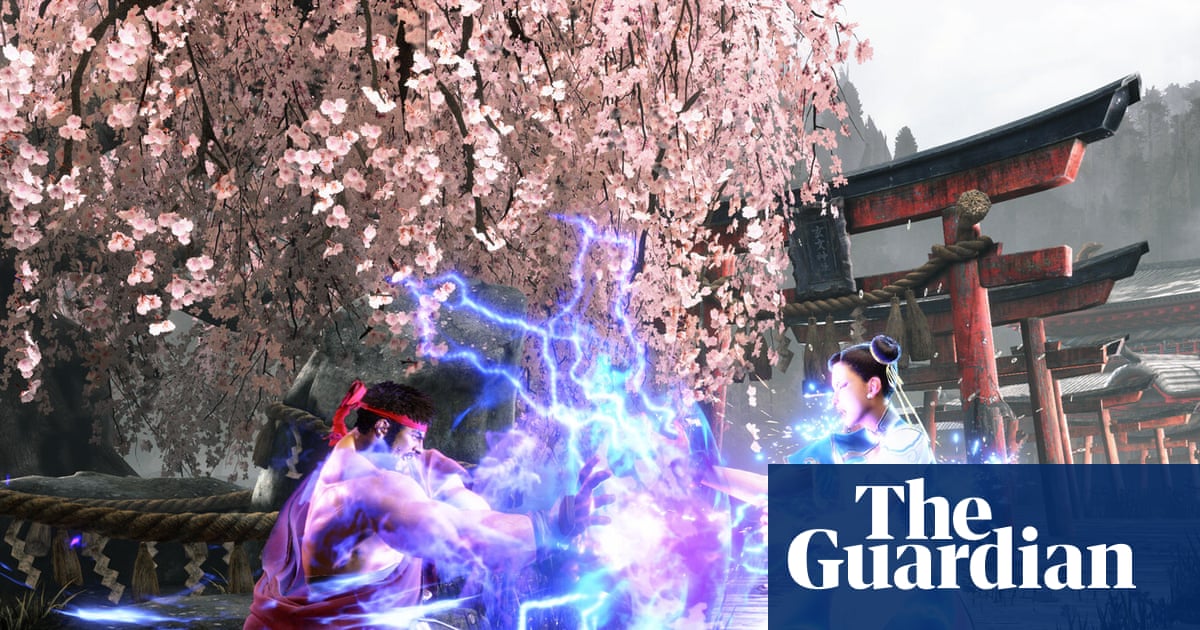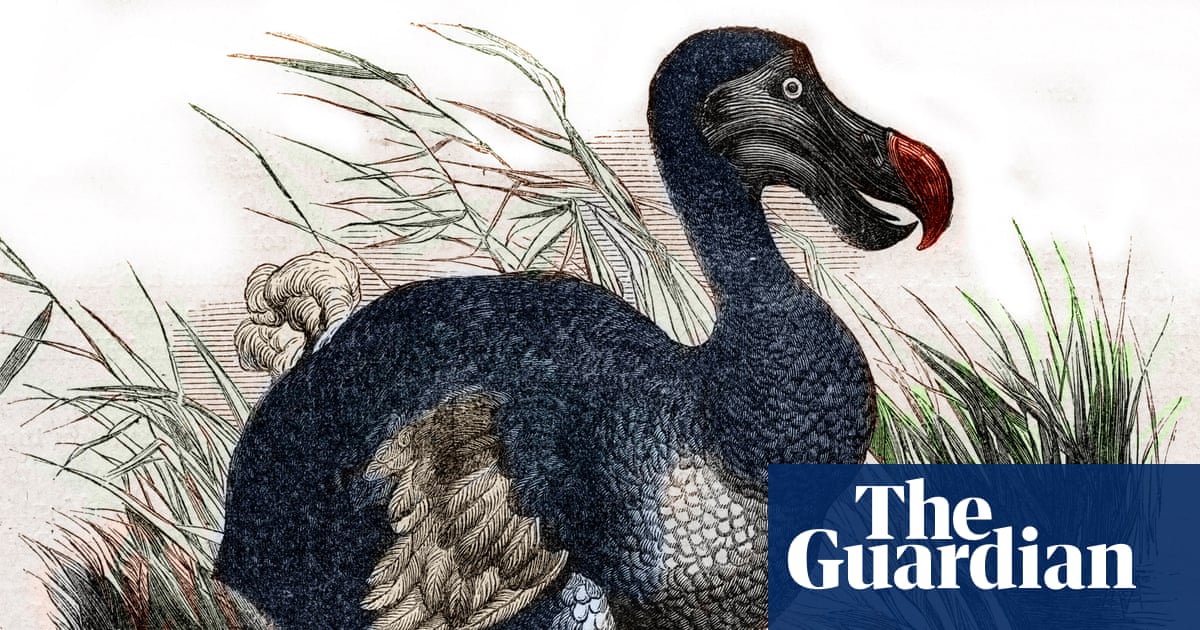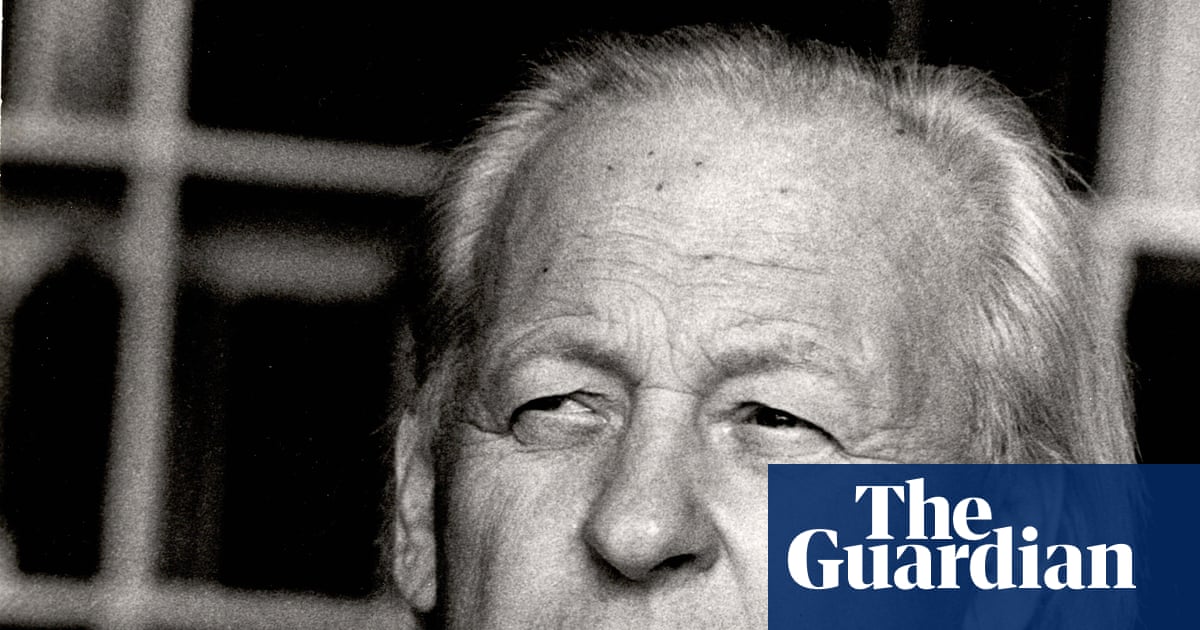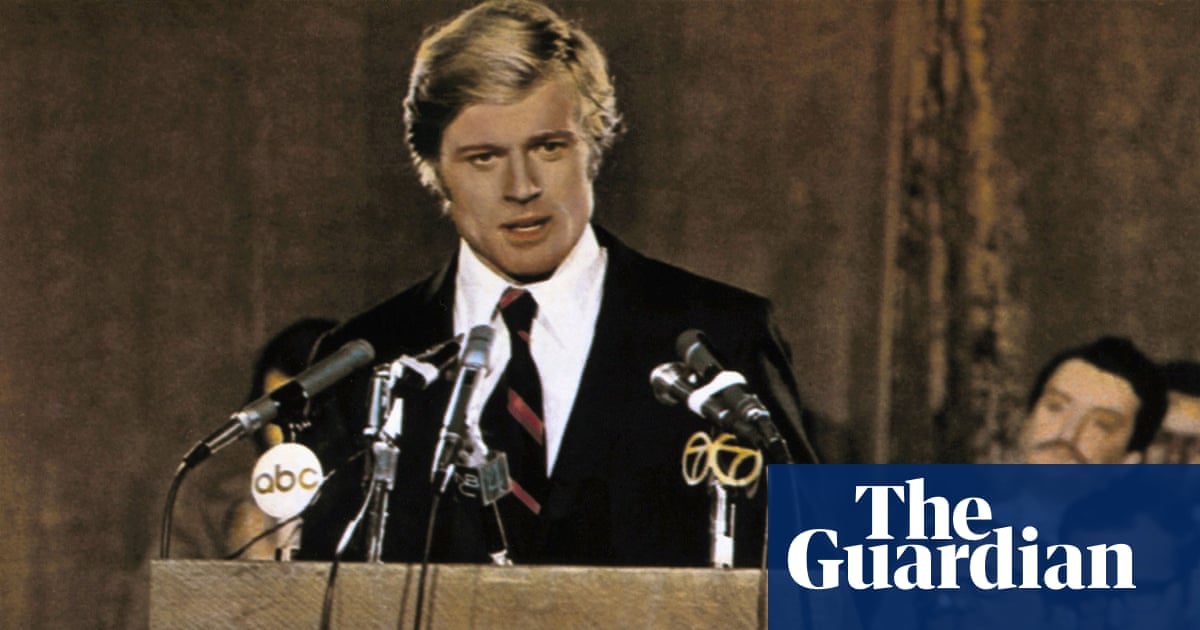Identity is something socially negotiated, both claimed and given. I cannot be French if that nation does not exist; I can’t be a doctor if no one will grant me a medical degree. Social media, however, promises that we can don or doff identities like so many digital masks. We may become persuaded that identities are private goods over which we have rights of ownership and choice, that we can freely select what we “identify as”. The heightened salience of identity in modern political discourse thus represents an unwitting internalisation of the neoliberal view of humans as atomised individuals who navigate life purely by expressing consumer preferences.
The idea that the identity of the speaker should count when assessing his or her argument is what the right used to denounce as “identity politics” (now subsumed under the general concept of “wokeness”), though it is in this way a logical outcome of Thatcherite and Reaganite economics. One strong critique of the critique of identity politics, on the other hand, points out that privileged white males, of the sort who make such complaints, don’t have to worry about their identity because theirs is the default one of power and influence – whereas for various minorities identity might matter much more, not least in how it influences the ways in which privileged white males will treat them.
Philosopher Alexander Douglas’s deeply interesting book diagnoses our malaise, ecumenically, as a universal enslavement to identity. An alt-right rabble rouser who denounces identity politics is just as wedded to his identity as a leftwing “activist” is wedded to theirs. And this, Douglas argues persuasively, explains the polarised viciousness of much present argument. People respond to criticisms of their views as though their very identity is being attacked. The response is visceral and emotional. That’s why factchecking conspiracy theories doesn’t work. And it’s not just a social media problem; it’s far worse than that. “If you define yourself by your ethnicity or your taste in music,” Douglas argues, “then you ipso facto demarcate yourself against others who do not share in that identity. Here we have the basis for division and intergroup conflict.”
The escape route Douglas recommends is nothing so banal, then, as policing misinformation or even just being nicer to one another; no, we should strive to abandon identity all together. He deploys close readings of three thinkers from wildly differing epochs and cultures: the ancient Chinese sage Zhuangzi, the 17th-century Dutch philosopher Benedict Spinoza, and the 20th-century historian-critic René Girard. Each of them, he argues, hints at a similar ideal of enlightenment: to abandon our attachment to identity and become one with the undifferentiated flow of all things.
This sounds fluffy and improbable in precis, but we should begin by noticing how fragile our own sense of self really is. Douglas says of his three thinkers: “Look within, they would say, and you will find a mess. Introspection reveals only a confusion of qualities.” Oddly, the author doesn’t mention the great Scottish philosopher David Hume, though his is probably the most famous expression of this idea: that what we call the self is, per Hume, “nothing but a bundle or collection of different perceptions, which succeed each other with an inconceivable rapidity, and are in a perpetual flux and movement”.
If so, it follows that what we think of as our identity must have been drawn from the example of others. This is the meaning of “mimetic desire” as theorised by Girard: that we choose an admired person to imitate and so teach ourselves to want similar things. “Individualism,” Douglas concludes, “is really conformism to a model.” What we think of as our own special identity is just a suit of borrowed clothes.
What, then, is the alternative? It is somehow to psychically merge with the “superdeterminate” nature of Spinoza’s concept of God, who exists everywhere and in every thing. Has any human being achieved such a feat? Perhaps, Douglas suggests, Jesus. Another model for us is Hundun, an emperor with no face in an old Chinese fable. His friends drilled holes into his head in an attempt to give him human features, and thereby killed him.
Against Identity is a powerfully strange book, melding such matters with enjoyable references to Evelyn Waugh and Jean-Paul Sartre, and a strongly aphoristic turn of phrase. “The ‘inner voice’,” he writes, “is just the noise of others echoing inside your own emptiness.” To the “romantic lie” that says you can be what you want to be, Douglas counterposes the bracing challenge: Don’t be yourself.
after newsletter promotion
Here, then, is a superb counterblast to modern identity fetishism. Whether readers will agree with its proposed solution is more doubtful. It warns against “making value judgments”, but we should make some value judgments, for example about murderers. And Douglas relays the Taoist advice he finds in Zhuangzi like this: “We would be happier and more peaceful letting things flow, vanish, transform, be indistinct, be ambiguous” – which is all very well, but terrible advice if you’re trying to build a bridge.

 3 months ago
44
3 months ago
44

